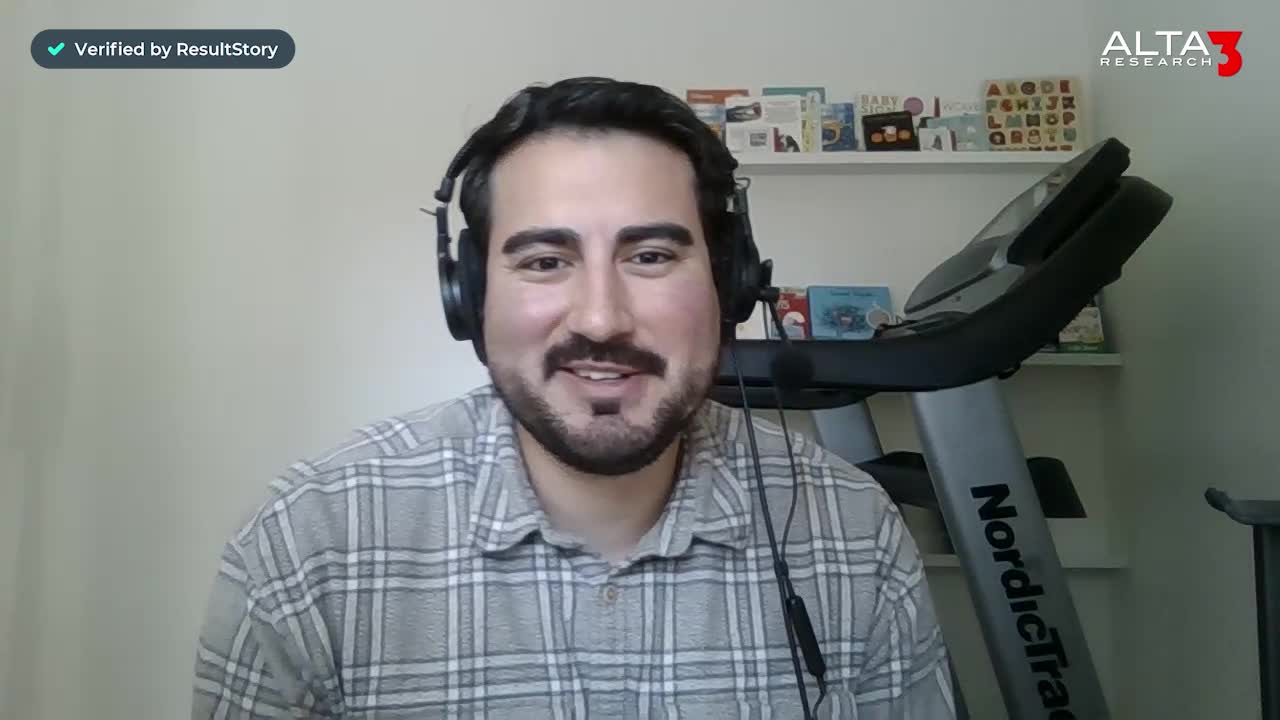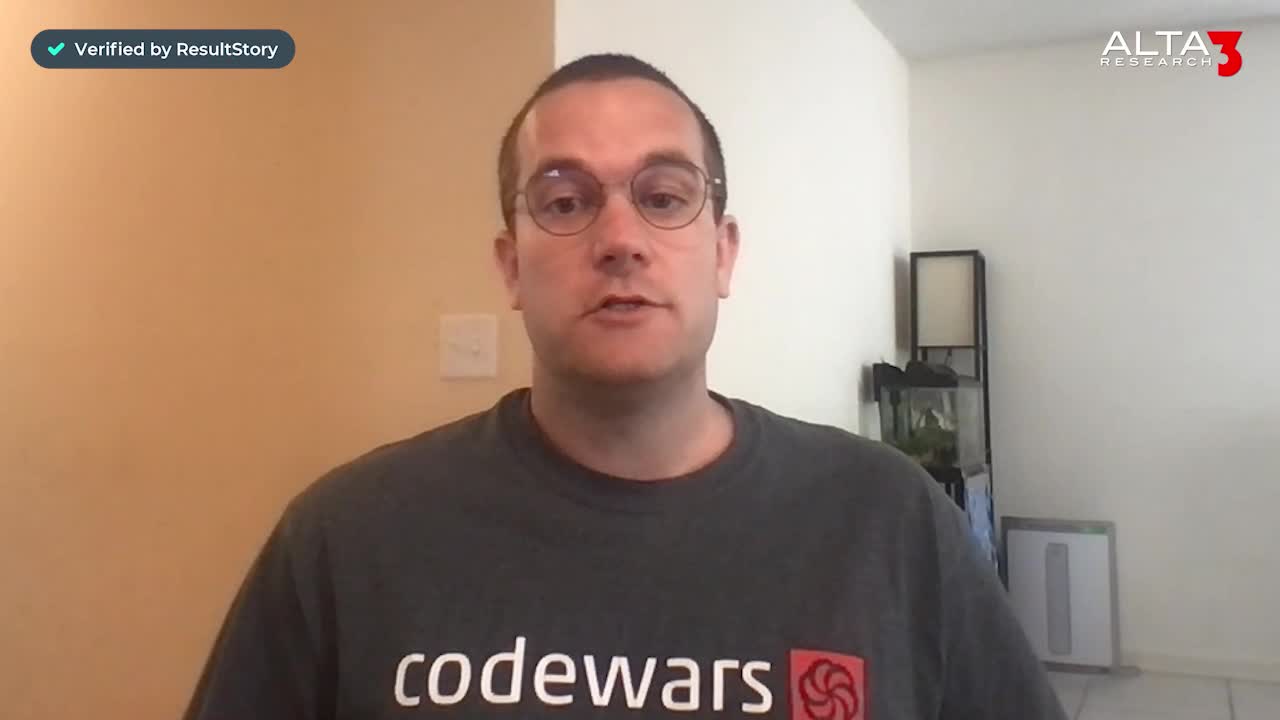Certified ScrumMaster Workshop (CSM)
Unlock the potential of Scrum with our Certified ScrumMaster Workshop, designed for professionals looking to excel in Agile project management and enhance software development efficiency.

Essential Skills Gained

Explain and facilitate the Scrum roles: ScrumMaster, Product Owner, Team Member.

Apply empirical thinking and foundational Scrum concepts to projects.

Understand and improve team productivity within Scrum environments.

Communicate the importance of organizational agreement on software readiness.
Format
- Instructor-led
- 2 days with lectures and hands-on labs.
Audience
- Current Scrum Team Members such as Business customers, users, or partners.
- Product Owners and Team Members seeking certification.
- Professionals like Project Managers and IT Managers interested in Scrum.
- Developers and Programmers looking to transition to Agile methodologies.
Description
Beginning with the history of agile development and moving through the disciplines promoted by Scrum, the Certified ScrumMaster (CSM) training course gives you a comprehensive understanding of the Scrum methodology while specifically reviewing the behaviors expected of a ScrumMaster. This two–day Certified ScrumMaster training course is suitable for those practicing or looking to practice the art of the ScrumMaster but is highly valuable for anyone involved in Scrum.
Upcoming Course Dates
No upcoming dates. Please check back later.
Course Outline
Download PDFPart 1: Scrum Theory
Empiricism and the three empirical pillars
Benefits of an Iterative and Incremental approach
The Scrum Framework
Scrum Values
Scrum alignment to the Agile Manifesto
Part 2: The Scrum Team
The responsibilities of the Scrum Team
The responsibilities of the Product Owner, Developers, and Scrum Master
Single Product Owners
Product Owners own the Product Backlog
Delivering an Increment
Benefits of a cross-functional and self-managing Scrum Team
Part 3: Scrum Events and Activities
Benefits of Timeboxing
Purpose of a Sprint
Define and perform Sprint Planning, Daily Scrum, Sprint Review, Sprint Retrospective
Product Backlog Refinement
Inspecting and Adapting events
When to cancel a sprint
Daily Scrum is not a status meeting
Part 4: Scrum Artifacts and Commitments
Purpose of the Product Backlog, Sprint Backlog, Increment
The commitments of Product Goals, Sprint Goals, Definition of Done
Product Backlog emergence
Attributes of a Product Backlog
Sprint and Increment relationship
Evolution of a Definition of Done
Multiple Teams working on one Product Backlog
Part 5: Scrum Master Core Competencies
Facilitation
Facilitating decision making
Teaching
Coaching
Mentoring
Part 6: Service to Scrum Team, Product Owner and Organization
How does a Scrum Master serve the Scrum Team
Explaining Technical Debt
Understanding development practices to improve quality and reduce technical debt
Supporting the Product Owner
Organizational impediments that affect Scrum Teams
Techniques for resolving impediments
Why are there no Project managers in Scrum?
Your Team has Unique Training Needs.
Your team deserves training as unique as they are.
Let us tailor the course to your needs at no extra cost.
See What Other Engineers Are Saying
Trusted by Engineers at:
and more...

Aaron Steele

Casey Pense

Chris Tsantiris

Javier Martin

Justin Gilley

Kathy Le

Kelson Smith

Oussama Azzam

Pascal Rodmacq

Randall Granier

Aaron Steele

Casey Pense

Chris Tsantiris

Javier Martin

Justin Gilley

Kathy Le

Kelson Smith

Oussama Azzam

Pascal Rodmacq

Randall Granier